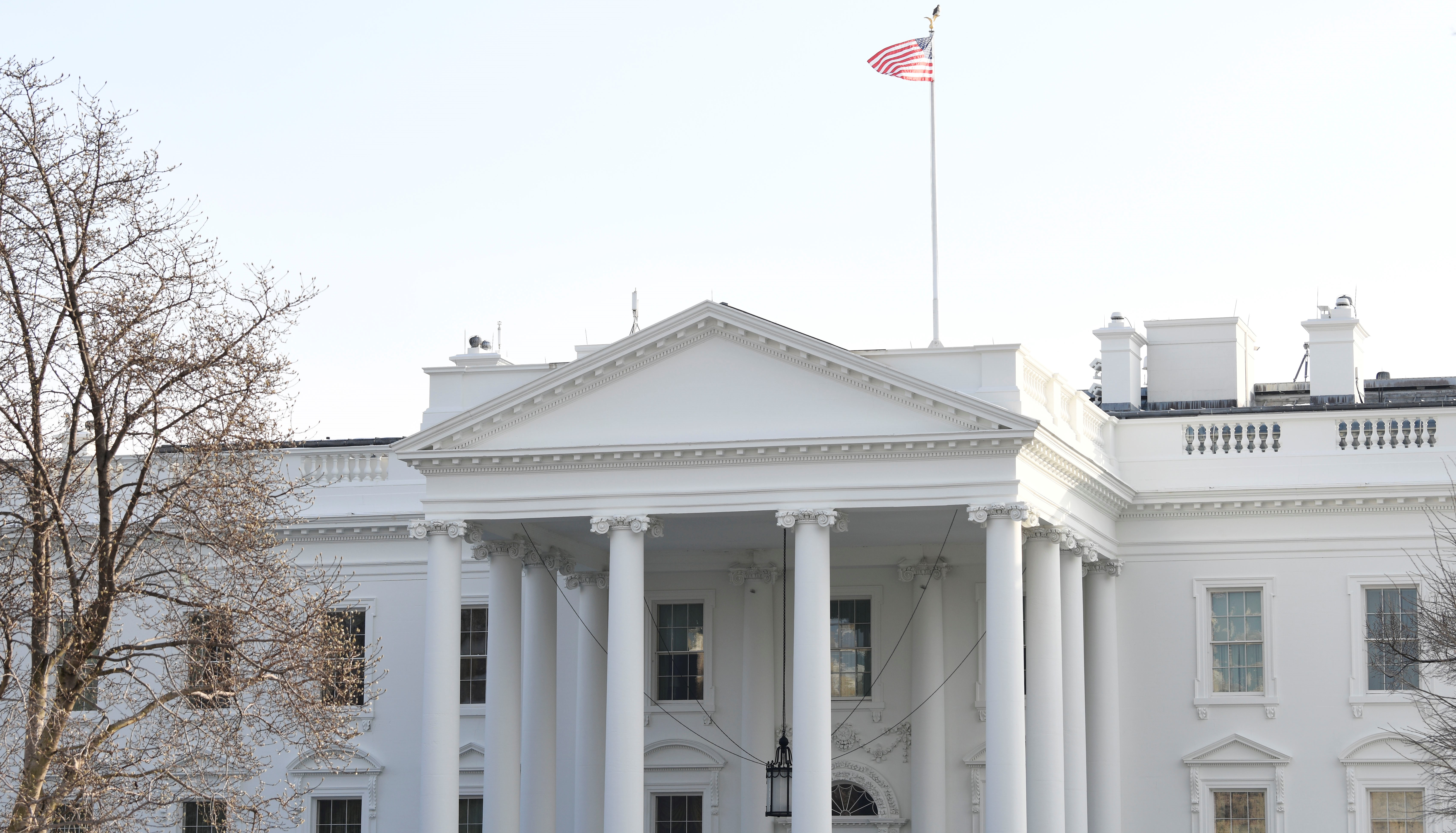As Democratic voters warm to free trade, White House candidates struggle for positions

- Country:
- United States
Democratic presidential contender Elizabeth Warren is churning out reams of policy proposals on everything from daycare to manufacturing. But despite her piles of written plans, she has yet to tackle trade.
Warren and most of the other 23 Democrats seeking the party's 2020 White House nomination have avoided issuing a robust outline of how they would approach one of the central issues in Republican President Donald Trump's bid for re-election. Trade policy has become tricky territory for Democratic candidates after Trump upended traditional partisan divisions on the issue. None appears willing to agree outright with Trump's philosophy, so most have tried instead to find grounds for criticizing how he is implementing his policy.
Yet in a sprawling field of Democratic contenders who agree on many major issues, trade presents a chance to draw some distinctions. "Trump's blowing a big hole in those kinds of traditional alignments, and that creates chaos but it also creates opportunity for the Democratic Party," said former Democratic U.S. Senator Heidi Heitkamp, of North Dakota, who now works as a pro-trade advocate.
"There is a lot of opportunity for Democrats to talk about how important free trade and fair trade is for American workers." In past decades, Republicans favored free trade, joining business in supporting low tariffs and multinational trade deals. Democrats, heavily influenced by unions, were viewed as more protectionist, opposing trade deals and supporting tariffs.
Democratic Presidents Bill Clinton and Barack Obama began shifting from that position, with Clinton signing the North American Free Trade Agreement (NAFTA) in the 1990s and Obama negotiating the Trans-Pacific Partnership (TPP). Trump departed from his party's orthodoxy and embraced protectionist policies, walking away from the TPP and imposing tariffs on steel and aluminum imports and $250 billion of imports from China.
Democrats in Congress have oscillated on their views on the Trump administration's trade policy, at times being critical but at others supportive, including encouraging Trump to be tough on China.
BLUE-COLLAR VOTE
Trump's emphasis on trade and "putting American workers first" helped him woo blue-collar voters in the 2016 election, including in places like Michigan where he crucially won a state that had not voted for a Republican presidential candidate in decades. Democrats need those voters back in 2020 but have to navigate carefully given that many workers in industrial states still like Trump's trade policies.
But voters have evolved on the issue. A Reuters/Ipsos poll conducted in early June found that many Democrats were strongly opposed to the sweeping tariffs Trump proposed - and then canceled - on goods imported from Mexico as a way to stem illegal immigration. The poll found seven out of 10 Republicans supported the tariffs, compared with seven out of 10 Democrats opposing them.
Overall, 42% of U.S. adults polled opposed the tariffs and 39% supported them. Linda Solem, 69, of Grand Ledge, Michigan, is among the Democratic voters who have changed their tune. She supported tariffs during the 10 years she spent as a union member working on the production line of a General Motors plant. Now retired, she is ready to see the Democratic Party embrace free trade. "We don't even make TVs here anymore," Solem said. "You've got to have some tariffs, but you can't go wild with tariffs and you can't use them to be a bully."
'LIBERAL CASE FOR TRADE'
Even as Trump creates openings for Democrats to talk about trade, most are not taking it. "Democrats have done a poor job making the liberal case for trade," said Christina Davis, a professor at Harvard who specializes in trade and foreign relations. The decline of organized labor's influence could open opportunities for Democrats to develop new positions, she added.
U.S. Senator Bernie Sanders put out a trade plan in April dealing with China. His proposal sounds a lot like Trump's rhetoric, including wanting to punish multinational companies that move jobs overseas and undoing trade agreements. Warren, campaigning in Michigan and Indiana this month, echoed Trump's criticism of companies moving abroad but then took aim at how he had executed his policies.
She called for more discussions on trade but stopped short of offering specifics when asked if she was going to release a trade plan. "The plan is no small part about who sits at the table," Warren said. "When the people sitting at the table are all the lobbyists and executives from multinational corporations, then the policies that come out of that help the giant multinational corporations."
Business groups in Washington are watching what Democratic presidential candidates say on the campaign trail. Ahead of a vote on the United States–Mexico–Canada Agreement (USMCA) - which would replace NAFTA - candidates serving in Congress like Warren may be forced to take a more definitive stance. So far, Democrats have been blocking a vote because of opposition to labor provisions, a nod to their union base. "That very much is going to be a test," said a Washington business lobbyist who asked not to be identified. "It's very difficult for a member of Congress to say they're pro-business and then vote against USMCA. In fact, I don’t think you could do it."
(This story has not been edited by Devdiscourse staff and is auto-generated from a syndicated feed.)










